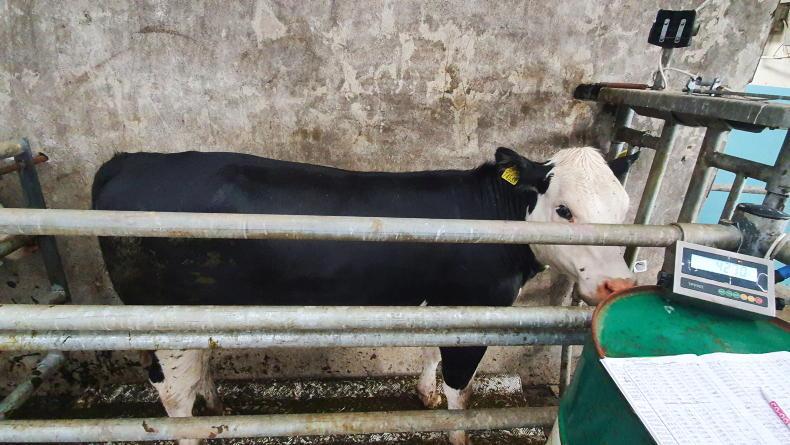The decision to pull the veterinary medicinal products, medicated feed and fertilisers regulation bill is a real embarrassment for Minister for Agriculture Charlie McConalogue.
Putting the bill on ice was ultimately attributed to a legal opinion from the Attorney General, but the legislation was arguably dead in the water before the lads in the wigs applied the coup de grâce.
In this instance, however, the bill’s cause of death is somewhat irrelevant; more telling by far was the clumsy and haphazard manner in which the legislative and consultative process was handled by the minister and the Department of Agriculture.
Tighter rules on the dispensing of drugs are being driven by the EU as part of a broader effort to reduce on-farm antibiotic use and thereby tackle the growing problem of antimicrobial resistance (AMR).
While we all agree combatting AMR has to be a priority, there are fears stricter controls on animal medicines will result in veterinary practices having a near monopoly position in the sale of traditional treatments.
The bill’s detractors argued that this would inevitably lead to higher prices being charged for products such as doses and drenches. Anyway, there aren’t enough vets in the country and vets haven’t time to do the work they are supposed to do.
Strong lobby
A strong lobby by the agri merchants, co-ops and the farm organisations succeeded in convincing the Joint Oireachtas Committee on Agriculture to stall the legislative process until major amendments were made to the bill.
They proposed staff deemed to be “responsible persons” might be allowed to prescribe certain veterinary medicines such as doses and wormers in co-op stores and merchants.
While this may have seemed a reasonable request, it fell foul of a fundamental legal fact; namely, vets are the only group allowed to prescribe animal medicines under Irish law.
Others can dispense animal medicines, but only vets can prescribe.
However, the derogation that has been in existence allowing merchants sell dosing products is up for renewal and the merchants argue the Minister should revisit that again.
Prescribing medicines is one of the four pillars of what constitutes a vet under the law. The other three are diagnosing various conditions and diseases, certifying animals as healthy or unhealthy, and performing surgery on animals.
Which brings us back to the medicines legislation. Given the responsibilities of vets are so clearly defined in law, why was the ‘responsible persons’ proposal allowed to get legs in the Oireachtas committee?
Why didn’t senior Department of Agriculture officials inform the minister that the proposed compromise was a non-runner legally? They must have known that the compromise proposal was legally flawed. And Veterinary Ireland had surely told them the story.
The whole process has been a sorry mess.
AMR is not going away so the bill is sure to make a reappearance in some guise or other in the future.
Hopefully the lads in Kildare Street will give the legal big wigs an early peep at the legislation this time around.










SHARING OPTIONS